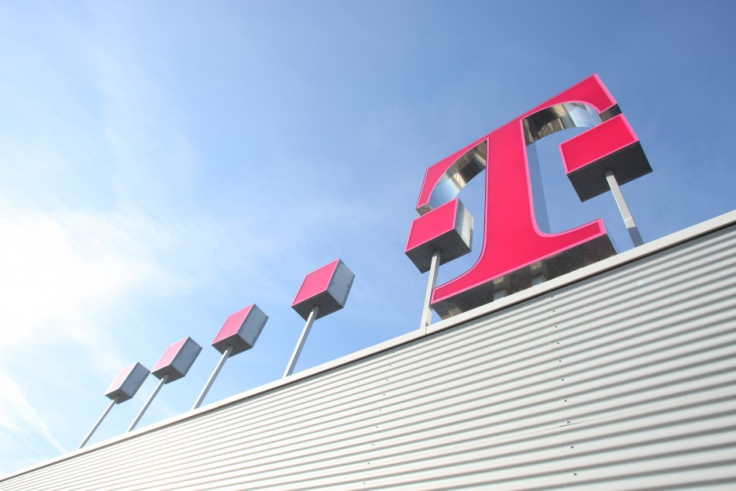T-Mobile to Merge With MetroPCS in US
The combined firm will the fourth largest mobile service provider in US

German telecom group Deutsche Telekom has announced plans to merge the US division of its T-Mobile with the with US mobile service firm MetroPCS
The combined firm, which will retain the T-Mobile brand name, will be the fourth largest mobile service provider in US with 42.5 million customers.
Deutsche Telekom will be the major stakeholder in the venture with 74 percent shares. MetroPCS shareholders will receive $1.5bn (£930mn) in cash and 26 percent ownership in the newly formed company.
The annual revenue of the merged company will be close to $25bn (£15.5bn).
"The T-Mobile and MetroPCS brands are a great strategic fit - both operationally and culturally," said René Obermann, Chief Executive Officer of Deutsche Telekom.
"The new company will be the value leader in wireless with the scale, spectrum and financial and other resources to expand its geographic coverage, broaden choice among all types of customers and continue to innovate, especially around the next-generation LTE network.
But analysts say that T-Mobile is bound to face considerable technical hurdles before it can strengthen its presence in the country.
The networks of T -Mobile and Metro PCS are technically incompatible and the former has to convince subscribers of the latter to move to its network, with the plan to shut the Metro PCS network by 2015.
"This all adds up to a hugely complex and challenging migration that will take significant time and investment, and which is a major risk for derailing the benefits of the deal," Mike Roberts, principal analyst at research firm Informa, told Reuters.
In December 2011, US telecom major AT&T had planned to take over T-Mobile USA for $39bn (£24bn), but had to give it up following government objections
Had the deal gone through AT&T would have become the largest mobile company in the US and administrators worried that it would hinder competition in the sector.
The Financial Times reported that the current merger may not invite objections as regulators are keen to see a fourth major player in the industry.
© Copyright IBTimes 2025. All rights reserved.





















